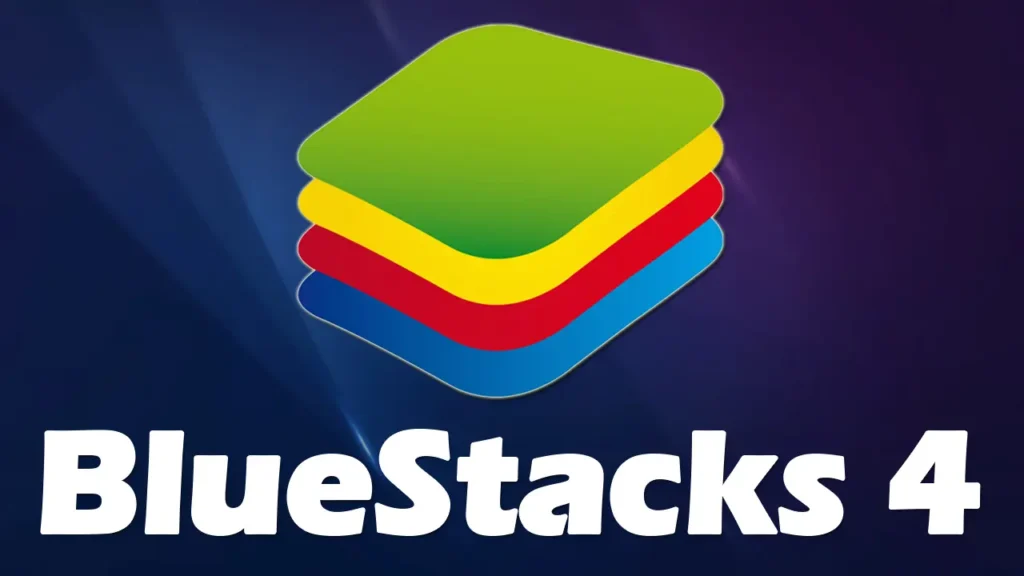If you’ve recently noticed a file named “BstShm_5.21.210” or a similar variant like “BstShm_5.20.10.1003” appearing on your desktop or in your system files, you’re not alone.
This peculiar file has been causing confusion among users, particularly those who frequently use applications like BlueStacks or games like Valorant. In this article, we’ll explore what BstShm_5.21.210 is, why it appears, and how you can handle it.
What is BstShm_5.21.210?
BstShm_5.21.210 is a temporary file created by BlueStacks, a popular Android emulator for Windows PCs. BlueStacks allows users to run Android apps and games on their computers, providing a seamless cross-platform experience.
The “BstShm” prefix stands for “BlueStacks Shared Memory,” and the file is part of the emulator’s process to manage resources and optimize performance during operation.
This specific version, 5.21.210, corresponds to a particular build of BlueStacks, which includes various updates and performance improvements. The number following “BstShm” typically indicates the version and build of BlueStacks that generated the file.
Why Does BstShm_5.21.210 Appear?
The BstShm file appears when BlueStacks is running or when certain games, such as Valorant, are launched simultaneously with BlueStacks. The file is intended to be temporary and should automatically delete itself once the application or game is closed.
However, due to a bug or improper shutdown of the emulator or game, the file may remain visible on your desktop or in your system files.
Is BstShm_5.21.210 Safe?
Yes, the BstShm_5.21.210 file is safe. It is not malware or a virus, but rather a byproduct of BlueStacks’ operation. However, if you see this file repeatedly or it starts to clutter your desktop, it can become an annoyance.
How to Handle BstShm_5.21.210
If you’re experiencing issues with the BstShm_5.21.210 file appearing frequently, here are a few steps you can take:
- Check for BlueStacks Updates: Ensure that you’re running the latest version of BlueStacks. Updates often include bug fixes that could resolve issues like the persistent BstShm file. You can download the latest version from the official BlueStacks website(BlueStacks).
- Properly Exit BlueStacks: Make sure that you properly close BlueStacks before shutting down your computer. This can help prevent temporary files from lingering on your system.
- Manual Deletion: If the file remains after closing BlueStacks, you can safely delete it manually. Right-click on the file and select “Delete.” This will not affect your BlueStacks installation or your system’s functionality.
- Reinstall BlueStacks: If the problem persists, consider uninstalling and reinstalling BlueStacks. This can help clear out any lingering files or configurations that might be causing the issue.
- Valorant Users: If you’re a Valorant player experiencing crashes or other issues related to BstShm_5.21.210, try closing BlueStacks before launching the game. Some users have reported that running both simultaneously can cause conflicts.
FAQs About BstShm_5.21.210
1. What is BstShm_5.21.210?
BstShm_5.21.210 is a temporary file created by BlueStacks, an Android emulator for PCs, during its operation. The file is part of the emulator’s resource management system, ensuring optimal performance when running Android apps on a Windows environment.
2. Why does BstShm_5.21.210 appear on my desktop?
This file typically appears due to a bug or improper shutdown of BlueStacks or other applications like Valorant that may interact with the emulator. It is supposed to be deleted automatically, but if it isn’t, it might linger on your desktop or in your system files.
3. Is BstShm_5.21.210 a virus?
No, BstShm_5.21.210 is not a virus. It is a legitimate file created by BlueStacks. However, if you find it annoying, you can safely delete it without affecting your system.
4. How can I prevent BstShm_5.21.210 from appearing?
To prevent this file from appearing, ensure you are using the latest version of BlueStacks, properly close the emulator before shutting down your PC, and avoid running BlueStacks and games like Valorant simultaneously. Reinstalling BlueStacks can also help if the problem persists.
5. Can I delete BstShm_5.21.210?
Yes, you can delete BstShm_5.21.210 without any issues. The file is not essential for the operation of your system once BlueStacks or the related application is closed.
6. Does BstShm_5.21.210 affect my gaming experience?
Some users have reported crashes or performance issues in games like Valorant when this file appears. To avoid such problems, try closing BlueStacks before launching the game.
7. How do I update BlueStacks to fix this issue?
You can update BlueStacks by visiting the official BlueStacks website and downloading the latest version. Updating often resolves bugs and issues like the persistent appearance of the BstShm file.
8. What should I do if BstShm_5.21.210 still appears after updating BlueStacks?
If the issue persists even after updating, try reinstalling BlueStacks. This can help clear out any corrupted files or settings that may be causing the problem. Additionally, ensure that no other applications are conflicting with BlueStacks during its operation.
9. Does this issue occur on other versions of BlueStacks?
Yes, similar issues have been reported with other versions of BlueStacks, such as BstShm_5.20.10.1003. The underlying cause is typically related to how the emulator handles temporary files during its operation.
10. Where can I find more support if needed?
For further assistance, you can visit the BlueStacks support page, community forums, or related online communities where users share solutions to similar issues.
Conclusion
The BstShm_5.21.210 file is a temporary file generated by BlueStacks during its operation. While generally harmless, it can become a nuisance if it persists after closing the application.
By keeping your software updated and ensuring proper shutdown procedures, you can minimize the appearance of this file. If necessary, a simple manual deletion or reinstallation of BlueStacks can resolve most issues.
For more detailed troubleshooting or to download the latest version of BlueStacks, visit the official BlueStacks support page or community forums where users share solutions and experiences.







